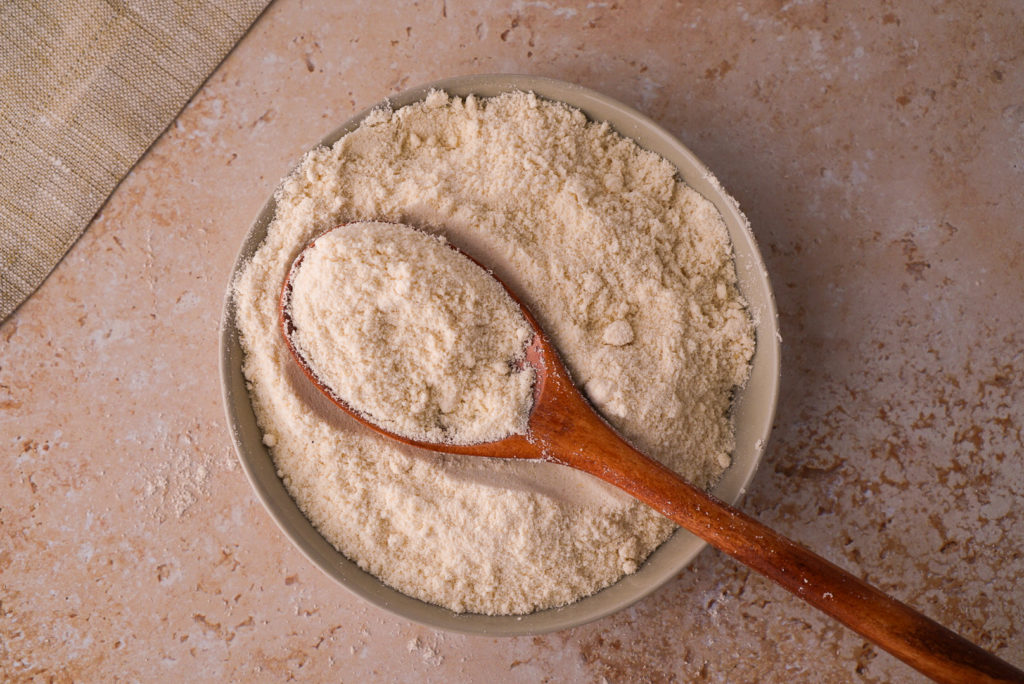Ways to Incorporate Coconut Flour into Your Cooking and Baking
You have likely noticed an increase in flour options in recent years, and coconut flour is part of that flour “boom”. While it can’t be used directly in place of all-purpose flour, it is a fantastic option for certain recipes and can be partially swapped for traditional flours. Coconut flour packs the familiar nutty and lightly sweet coconut taste you’ll find in other coconut products, but has some unique properties when it comes to its use. Here is what you need to know about using coconut flour in your cooking and baking.

Health benefits of coconut flour
While traditional all-purpose flour contains gluten, a common allergen, coconut flour is naturally gluten free. This makes it a great option for those following a gluten free diet. Coconut flour also has a distinctive nutrient profile, with more fiber and protein, and less carbs compared to other common flours. Coconut flour may be a good fit for those on a keto or low carb diet, as it has 3g net carbs per serving.
While this may make it a healthier option, this nutrient composition makes coconut flour ideal for some cooking and baking applications, and less ideal in others.
When to use coconut flour
Coconut flour absorbs more liquid than other flours which is why it shouldn’t be used as a 1 to 1 replacement. However, you can swap about 1/4 of your all-purpose flour for coconut flour while increasing the liquid or eggs in your recipe. For example, for each 1/4 cup of coconut flour you use, increase the liquid in your recipe by 1/4 cup. When baking, it is recommended to use coconut flour within a blend of other flours and add 1 egg for each 1/4 cup coconut flour to create a fluffier texture.
Because coconut flour is denser, it is a great option for certain recipes. Homemade pizza crusts and wraps, as a thickening agent in soup and stew, and as a gluten free binder in meatloaf recipes are some of the best uses of coconut flour.
How to store your coconut flour
Your unopened bag of coconut flour should live in a cool, dark, dry place to maintain optimal flavor and texture. Once opened, it is best to store your coconut flour in the refrigerator or freezer. Store your opened bag in a sealed container in the fridge for up to 6 months or freezer for up to one year.
How to buy coconut flour
Your recipe will vary based on the coconut flour brand you use. Look for a mild-tasting coconut flour like Arrowhead Mills Organic Coconut Flour, which is made from only Fair-Trade Certified coconuts.
 VIEW ALL PRODUCTS
VIEW ALL PRODUCTS 
